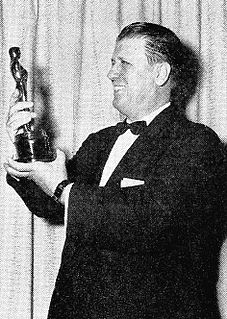A Quote by Neal Stephenson
Virtually all political discourse in the days of my youth was devoted to the ferreting out of hypocrisy... Because they were hypocrites, the Victorians were despised in the late twentieth century. Many of the persons who held such opinions were, of course, guilty of the most nefarious conduct themselves, and yet saw no paradox in holding such views because they were not hypocrites themselves-they took no moral stances and lived by none.
Related Quotes
Anti-Semitism is best understood as a virus. It has no logic. Jews were hated because they were rich and because they were poor; because they were capitalists and because they were communists; because they held tenaciously to an ancient faith and because they were rootless cosmopolitans, believing nothing. Hate needs no logic. It is a sickness of the soul.
When we were making it [Star Wars], none of the effects were in. So the first time, I thought it was, you know, that - I mean, we were surrounded by English crew members that could hardly keep themselves together. They were, "Here comes the guy in the dog suit." They made fun of us, which was OK. But the first time I was sitting in a theater, and I saw all the effects in, and the big ship flew over the audience, and the sound rumbled, I pretty much thought we were close to home.
I began to understand that there were certain talkers - certain girls - whom people liked to listen to, not because of what they, the girls, had to say, but because of the delight they took in saying it. A delight in themselves, a shine on their faces, a conviction that whatever they were telling about was remarkable and that they themselves could not help but give pleasure. There might be other people - people like me - who didn't concede this, but that was their loss. And people like me would never be the audience these girls were after, anyway.
True spiritual knowledge has sometimes flourished most grandly in some who were without eloquence and almost illiterate. And this is very clearly shown by the case of the Apostles and many holy men, who did not spread themselves out with an empty show of leaves, but were bowed down by the weight of the true fruits of spiritual knowledge: of whom it is written in Acts: 'But when they saw the boldness of Peter and John, and perceived that they were ignorant and unlearned men, they were astonished' (Acts 4:13).




































